A new type of test based on detection of activated T cells may prove to have greater utility in determining whether someone has had a COVID-19 infection compared to a traditional antibody test. A handful of biotech companies are in various stages of developing the tests, including Cardiff, UK’s Indoor Biotechnologies (InBio), Seattle-based Adaptive Biotechnologies and Boston area biotech start-up TScan Therapeutics.
The cell-based tests are designed to identify specific T cells that are activated in response to a pathogen — which in this case would be SARS-CoV-2. T cells typically persist in the body longer than antibodies (largely owing to repertoires of immune memory cells), rendering them potentially more valuable in both protecting against, and detecting, infection.
TScan is developing its test in collaboration with molecular assay giant Qiagen, while Adaptive has partnered with LabCorp/Covance as well as Illumina for its diagnostic offering. Meanwhile, Indoor Biotechnologies has been working with Cardiff University’s School of Medicine on its test.
While the test by Adaptive Biotechnologies — called the T-Detect Assay — is in later stages of development and has already undergone clinical testing, TScan’s diagnostic is in its early stages, having just screened for SARS-CoV-2 epitopes of interest so far.
Adaptive has plans to launch its T-Detect Assay later this year, which would make it the first clinical, T cell-based laboratory diagnostic test for the novel coronavirus.
Related: New Wearable Device to Detect COVID-19 Symptoms Before Symptoms Appear
Researchers at Adaptive Biotechnologies compared T-Detect to a commercial antibody test from DiaSorin on samples obtained from people in Vo’, Italy. A study from the University of Padua, published in the journal Nature in June 2020, involved testing almost the entire population of Vo’ (2,900 out of a total of 3,275 residents) for SARS-CoV-2 infection at the beginning and end of a 14-day lockdown of the town, followed by longer-term clinical monitoring.
At that point in time, 81 people tested positive for the virus. In a follow-up study of 2,290 of the residents, including 70 of the 81 who were previously identified as being COVID-19 positive, it was found that T-Detect correctly identified 97 percent of those who had received a positive diagnosis, compared to 77 percent with the antibody test.
The test was created using blood samples from 1,000 people across different cities in the US, as well as an additional 3,500 European participants.
According to a New York Times report, the company’s data has not yet been peer-reviewed for publication. Nevertheless, the preliminary data is encouraging, highlighting a diagnostic role for T cells in COVID-19 infection.
Traditional antibody tests for uncovering past infections involve detection of antigen-specific antibodies produced during an immune response against a pathogen. Their utility is often limited by low antibody levels (tests are typically for serum detection), which largely depend on how strong of an immune reaction was elicited upon initial antigen encounter. Moreover, antibodies can wane over time, which is why “booster shots” are often needed to restore and/or maintain immunity for some vaccines.
Dr. James Hindley, executive director of Indoor Biotechnologies and lead on the T cell project at the company, told the BBC that, “A lot of the focus so far has been on antibodies and that’s important because they provide us some memory to our immune system, but T cells are just as important.”
The Adaptive Immune System and TCRs
In the adaptive immune response, fragments of pathogenic antigens are incorporated into a complex with major histocompatibility complex (MHC) proteins and displayed on the surface of antigen-presenting cells (APC). T cells recognize these complexes via specific T cell receptors (TCRs) expressed on their surface. This leads to activation and expansion of that specific T cell pool against that antigen, with generation of memory T cells that are ready to respond to any future re-challenge from the pathogen.
Millions of unique TCRs against a plethora of antigens are produced through the process of V(D)J recombination in developing lymphocytes during early maturation of T cells; the same process in B cells leads to generation of thousands of diverse antibodies.
The challenge with mapping T cell populations (based on TCRs and other receptors/markers) is that among the trillions of T cells present in the body, it is painfully difficult to isolate the two dozen or so cells that recognize a specific pathogenic antigen. However, InBio has managed to develop a simple, “bare bones” test that can be conducted in any lab using a single vial of blood, with results available within 24 hours.
While InBio is focused on using its test to assist with vaccine development, Dr. Hindley said it could eventually be rolled out to the public as a more sensitive method of testing for immunity. The company is also producing recombinant SARS-CoV-2 proteins (including the spike protein) for research purposes.
TCR Mapping
Some researchers have been taking a more targeted approach at identifying SARS-CoV-2-specific T cells by using relevant sets of viral antigens to stimulate T cells; the stimulated cells are then detected in the blood using various approaches.
Adaptive’s approach involves sequencing T cell receptors (TCR) on CD8+ T cells with its MIRA (Multiplexed Identification of T cell Receptor Antigen Specificity) platform, which allows for the mapping of millions of TCRs to thousands of clinically relevant antigens.
While people have different TCR profiles, some TCRs will be shared – these are known as “public TCR” sequences. These common TCRs are the reason why the same immune responses are generated in different people.
In their work, Adaptive scientists scoured 135,000 public TCRs that recognize 545 fragments (antigens) of the SARS-CoV-2 virus. They found that 11 of the antigens triggered the strongest immune response.
When the pandemic started, Adaptive Technologies had already been working with Microsoft to design a TCR-based diagnostic test for Lyme disease, a project made possible by the advent of fast and inexpensive sequencing technologies.
Lance Baldo, chief medical officer of Adaptive Biotechnologies told The New York Times that, “These data add to the growing body of real-world evidence that the T cell plays a critical role in immunity to SARS-CoV-2.” He believes that, “T cells are emerging as another key indicator for past infection and immunity to the novel coronavirus, and a T-cell test for patients that is accurate and reproducible can serve large populations of people given what we are learning about the biology of the immune response.”
In 2018, Adaptive and Microsoft began a collaboration to devise a map of the immune system called the TCR-Antigen Map. The platform involves using immunosequencing, proprietary computational modeling, and machine learning to map TCR sequences to disease-associated antigens for infectious diseases, autoimmune disorders and cancer. The T-Detect test uses this map to deliver an immunostatus for a patient, which can lead to early disease diagnosis, disease monitoring and important insights into immunity, says Adaptive.
T-Detect COVID will be the first clinical test launched from this collaboration and the first commercially available T cell test designed to detect past SARS-CoV-2 infections.
Target Identification
TScan is also on the pursuit of TCR-based T cell profiling for SARS-CoV-2. Using its high-throughput T-Scan TCR/Target discovery platform, which allows for the rapid and comprehensive mapping of specific immunodominant targets, TScan has identified epitopes in SARS-CoV-2 that are recognized by CD8+ T cells from patients recovering from COVID-19.
Under an agreement with Qiagen, TScan says it will license out the rights and intellectual property for several of its discovered immunodominant T cell targets, associated sequences and relevant data for the development and commercialization of in vitro diagnostic tests.
Researchers at TScan used the TCR/Target discovery platform to characterize SARS-CoV-2 peptide sequences that are recognized by memory CD8+ T cells from COVID-19 patients. They identified three to eight epitopes for each of the six most prevalent human leukocyte antigen (HLA) types. These epitopes were broadly shared across patients and located in regions of the virus that are not subject to mutational variation, said TScan in a press release.
Interestingly, only three of the 29 shared epitopes were found to be in the spike protein – most were located in the ORF1ab genomic region or the structural nucleocapsid protein. They also found that CD8+ T cells generally do not cross-react with epitopes in the four seasonal coronaviruses that cause the common cold. This therefore decreases chances of false positives from the test. TScan recently published these findings in the journal Immunity. The study was conducted in collaboration with academic partners Atlantic Health System in Morristown, NJ and Ochsner Medical Center, who supported sample collection from convalescent COVID-19 patients.
A potential caveat to a T cell test is that in some COVID-19 patients, T cell numbers are reduced, typically in the most severe cases, making identifying specific and rare T cell subsets an even greater challenge. However, in most people, the T cell response seems to peak ten days post infection onset, persisting for many months thereafter. Therefore, the test could be useful for the vast majority of people that may contract COVID-19.
“We believe that detecting anti-viral T cells based on our discoveries will provide a more reliable way to determine exposure to SARS-CoV-2 over a much longer period following infection. If the presence of anti-viral T cells can be linked to protection from future infection, a test like this may ultimately provide valuable information on the course of the pandemic and how to return safely to normal life,” said Gavin MacBeath, PhD, chief scientific officer at TScan, in a news release from the company.
With T cells emerging on almost every front of COVID-19, from course of infection to adaptive immunity, therapies to manage T cell-mediated immune responses (like cytokine storm), vaccines and, now, diagnostics, their importance in the disease is becoming increasingly apparent.


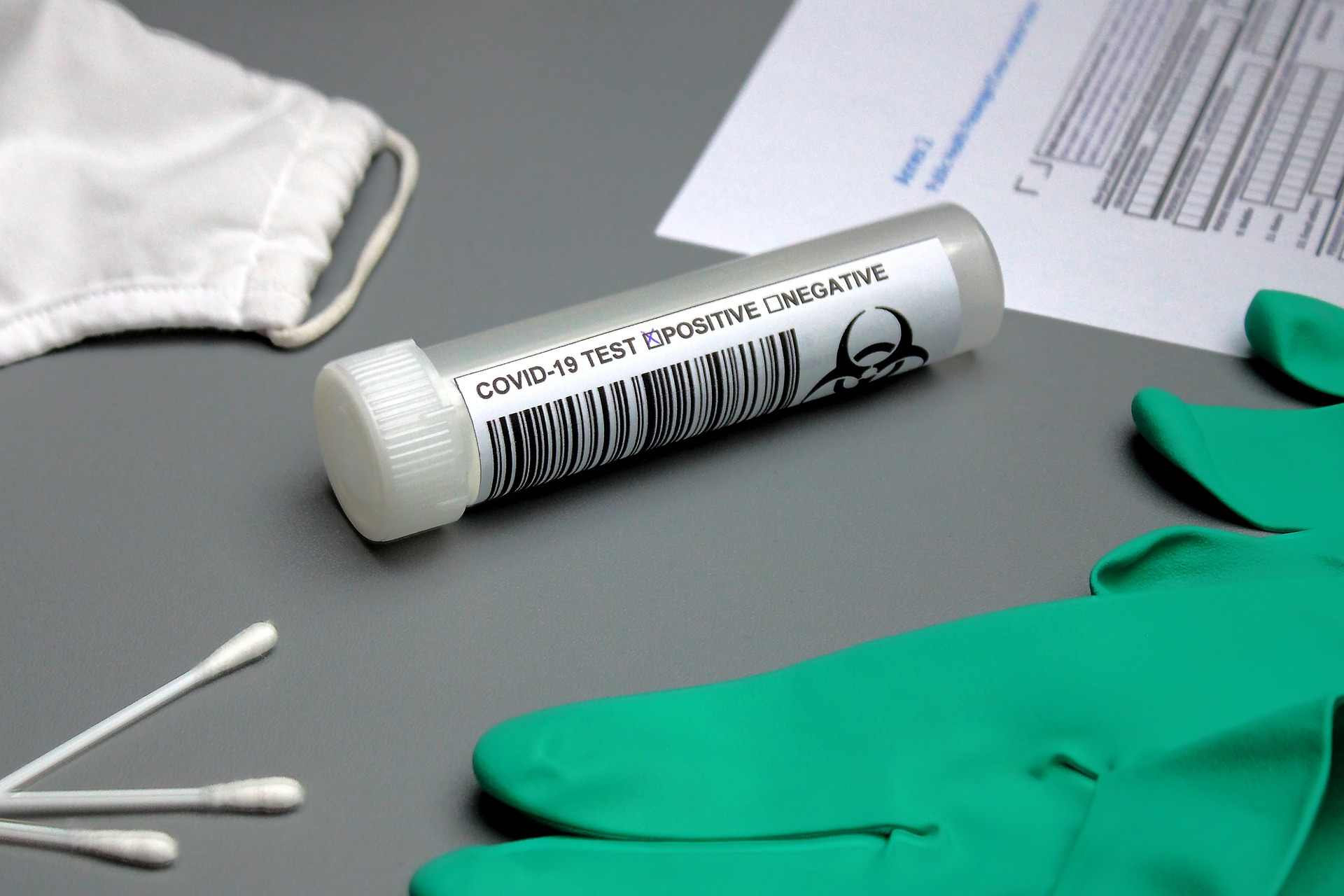
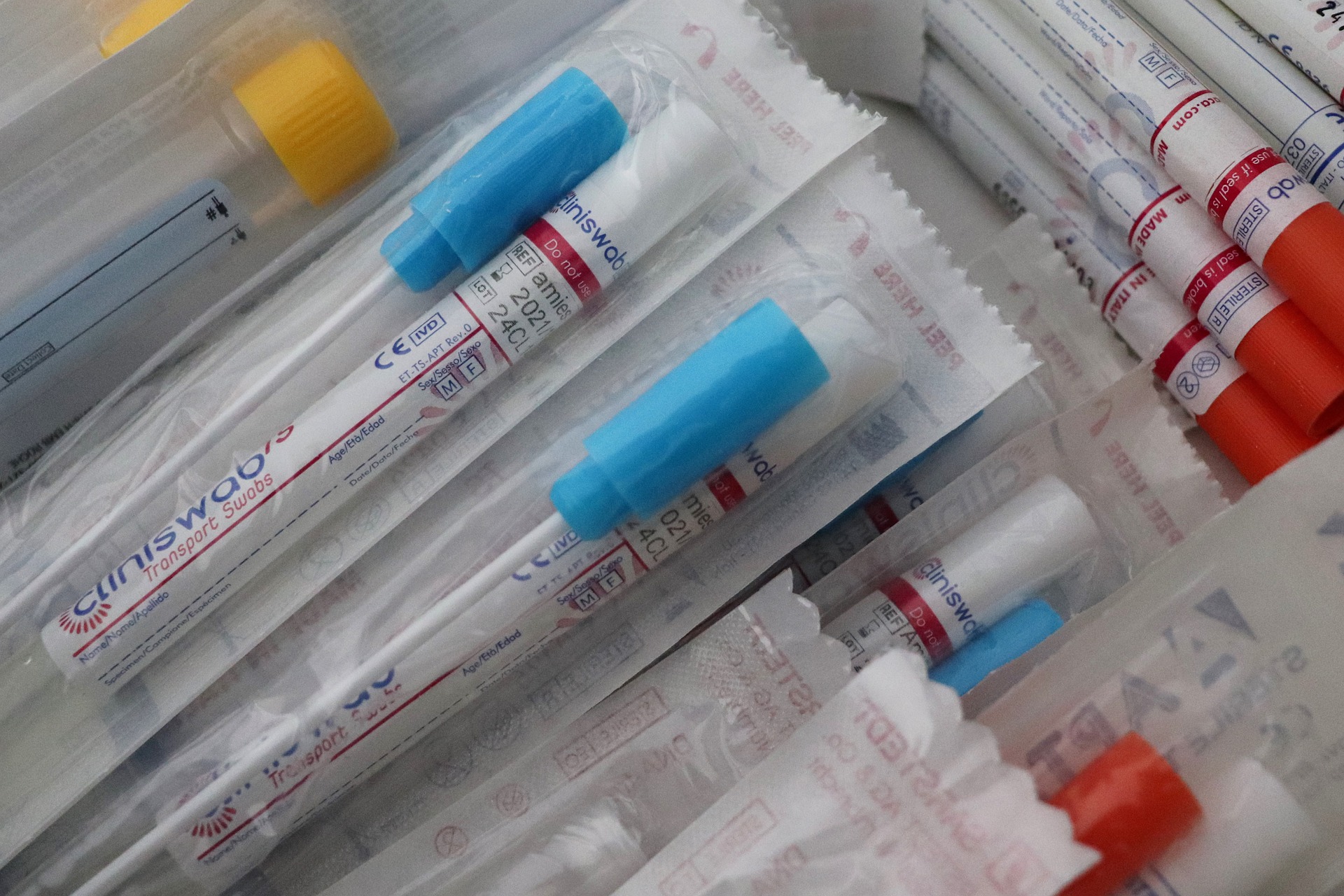
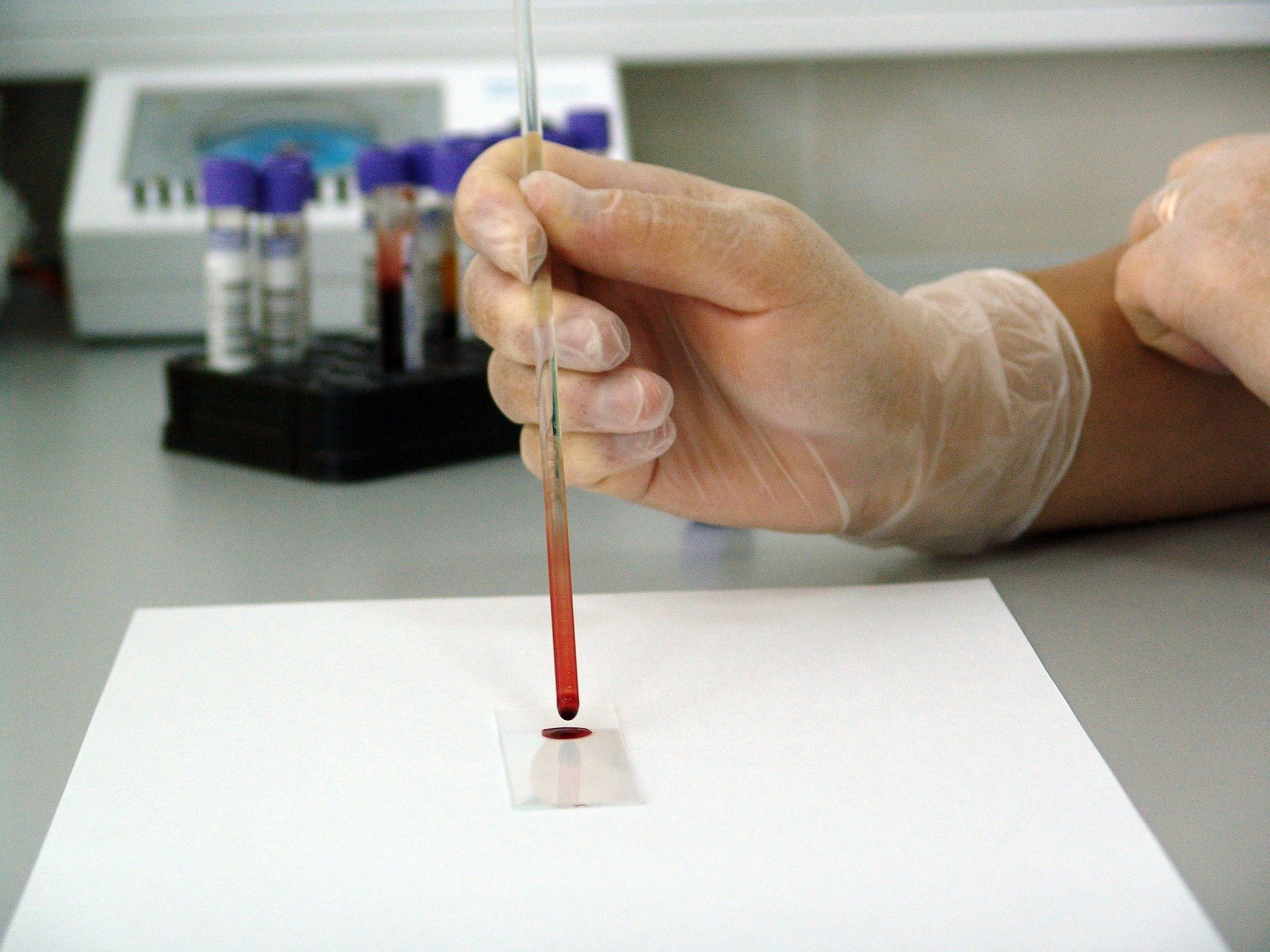
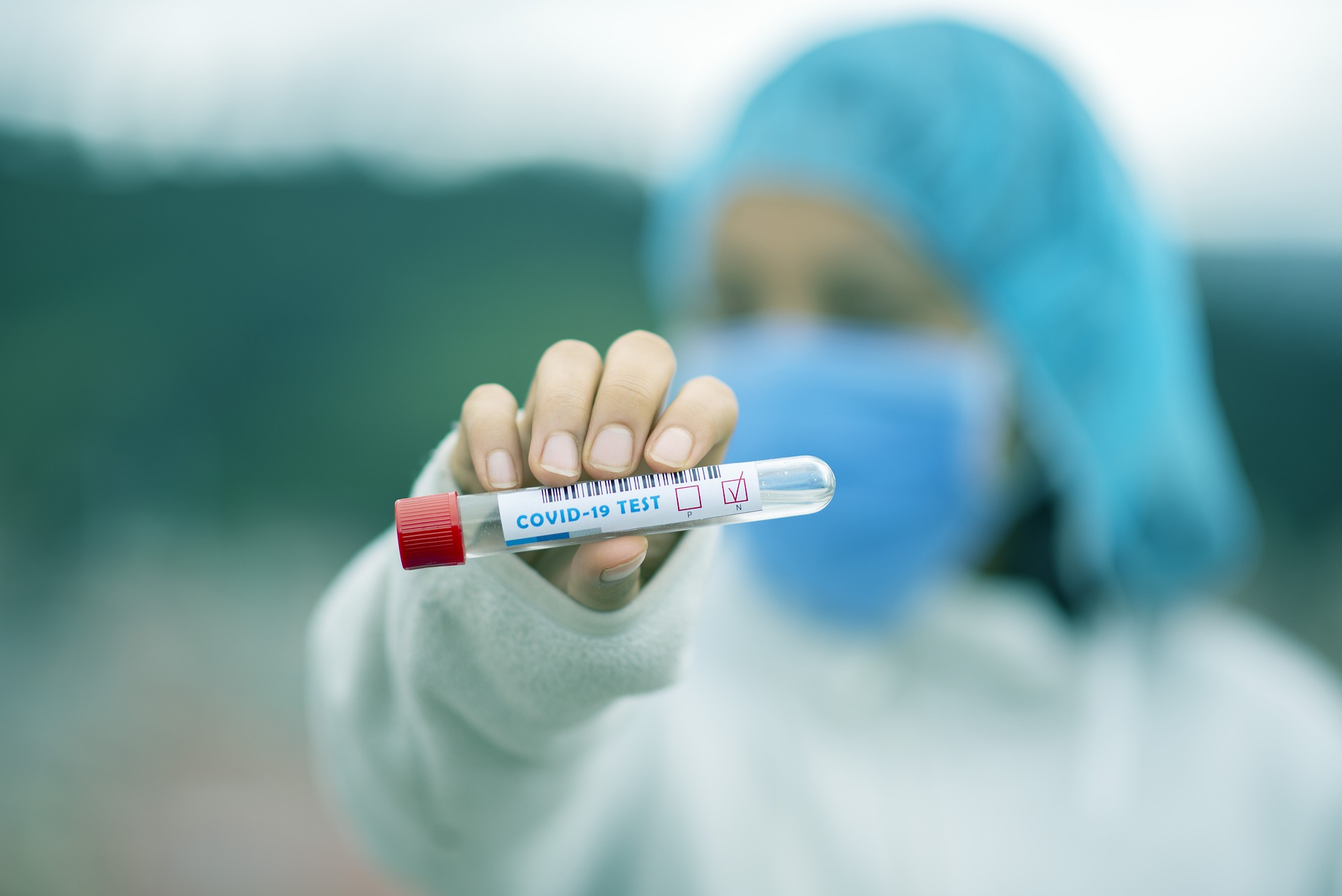
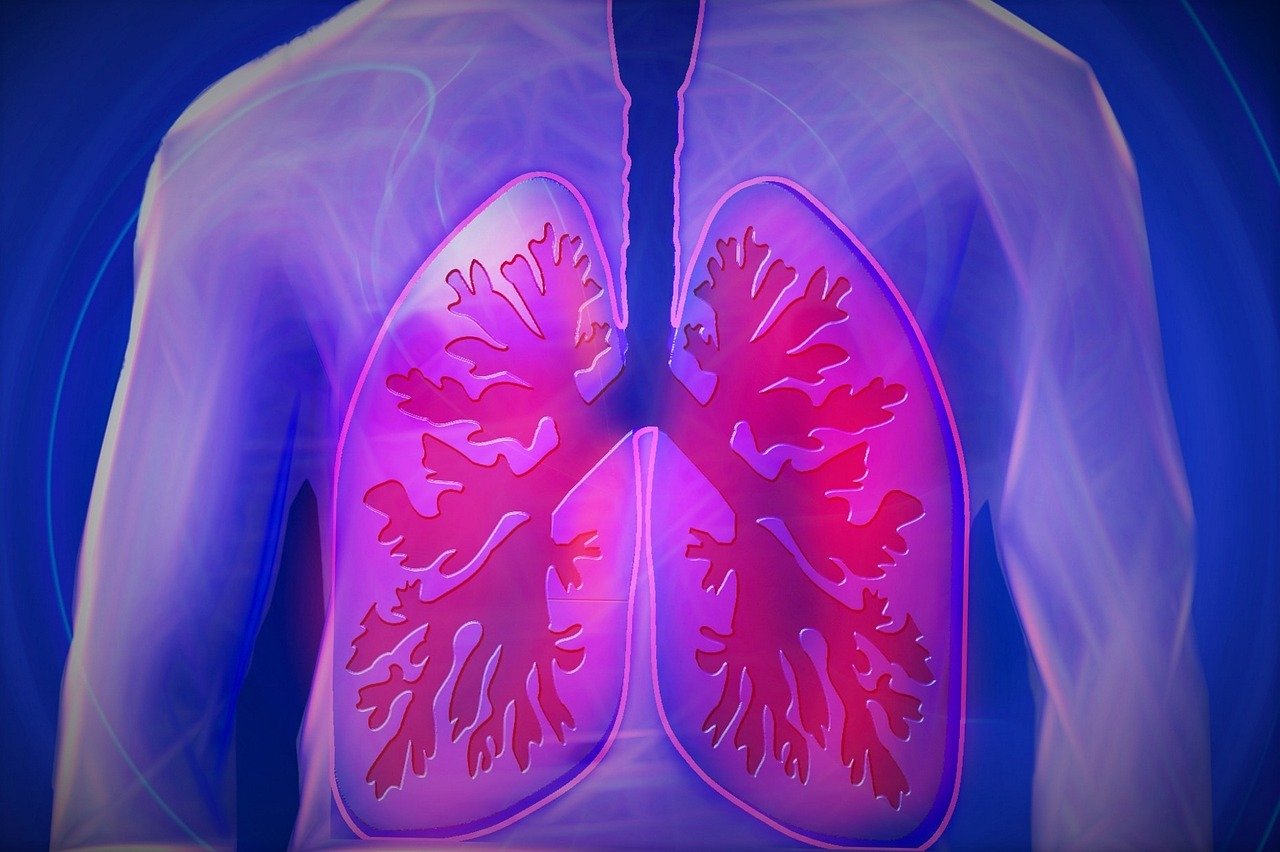





Join or login to leave a comment
JOIN LOGIN